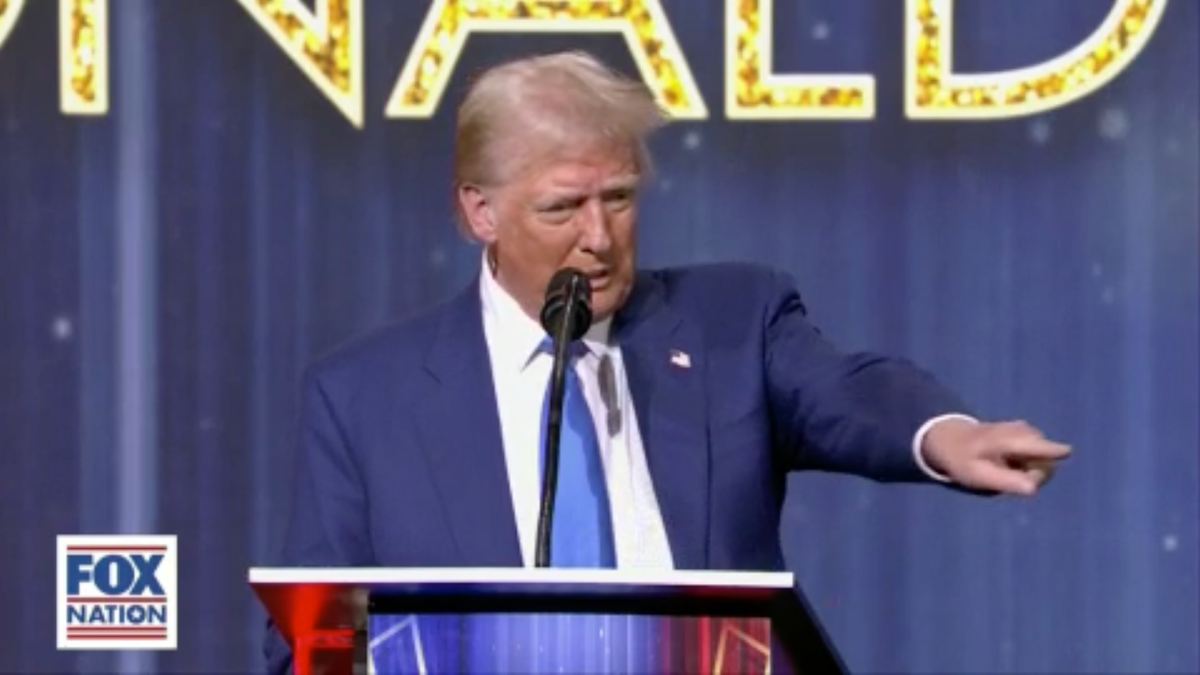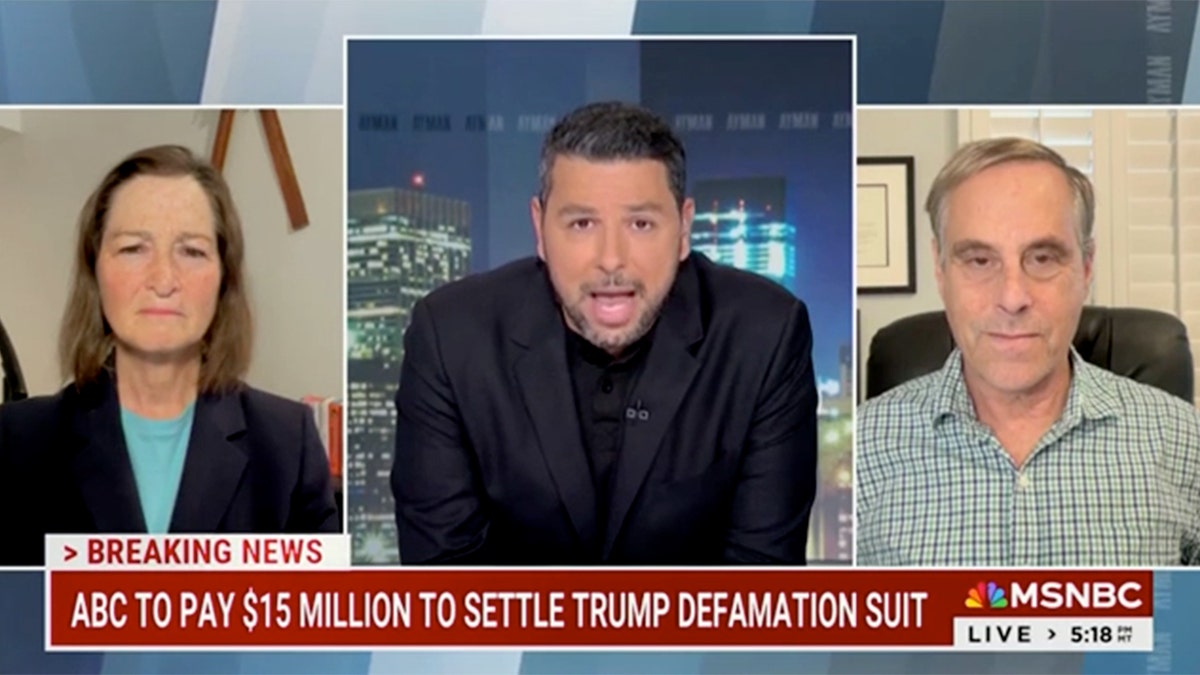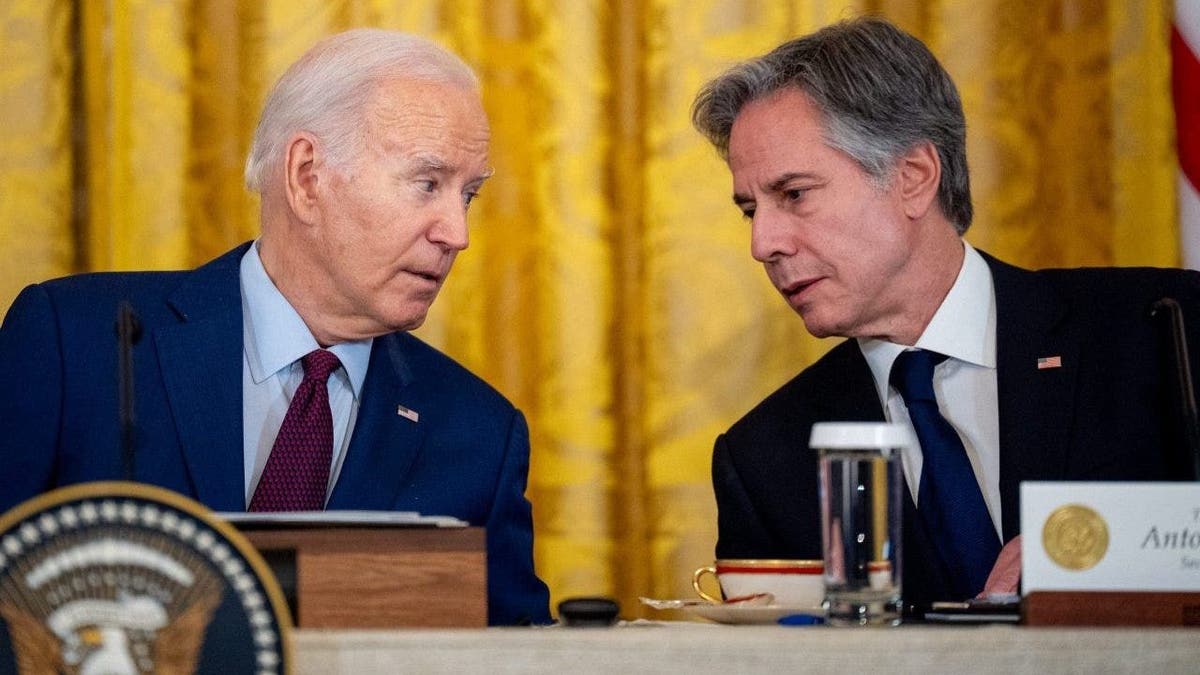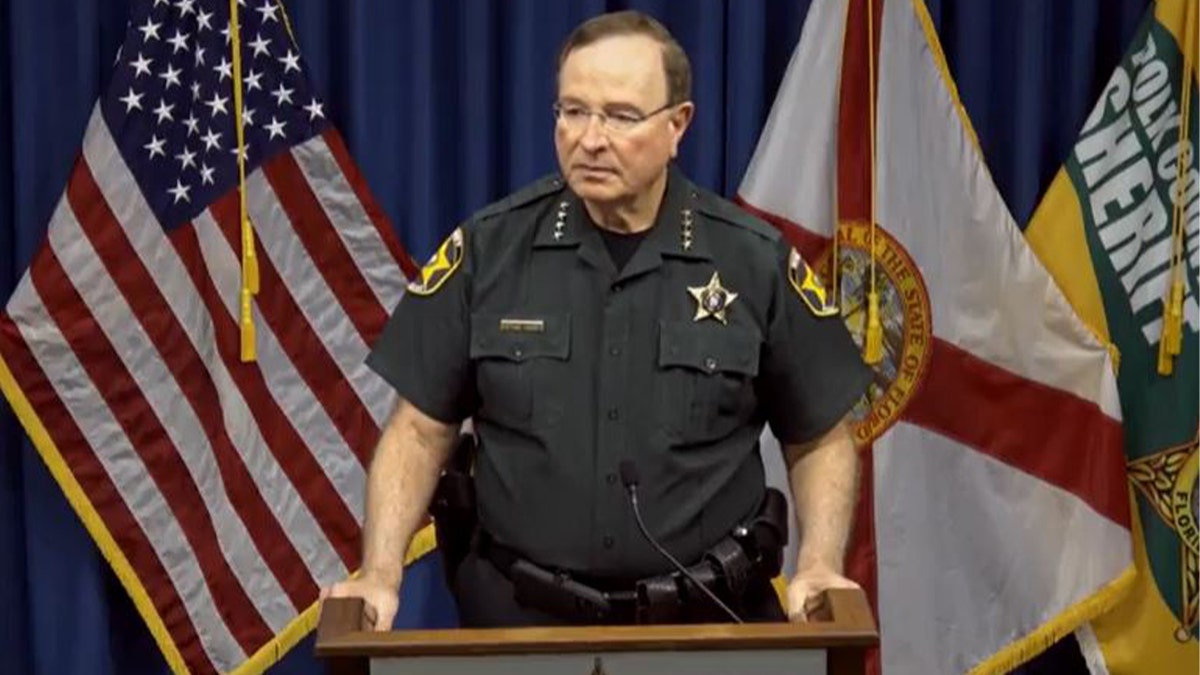Former military intelligence analyst Rebekah Koffler explores the complex relationship between the U.S. and Russia, arguing that deep-seated distrust will likely shape future interactions regardless of who occupies the White House. Koffler suggests that while Donald Trump may attempt to establish a more transactional relationship with Moscow, fundamental differences in national interests, particularly regarding Ukraine, will prevent any true alliance.
Koffler highlights Trump's past criticism of Russian President Vladimir Putin's involvement in Syria and the substantial Russian casualties. She interprets this as a signal of Trump's likely approach to Russia during a potential second term, emphasizing that a friendly reunion is improbable.
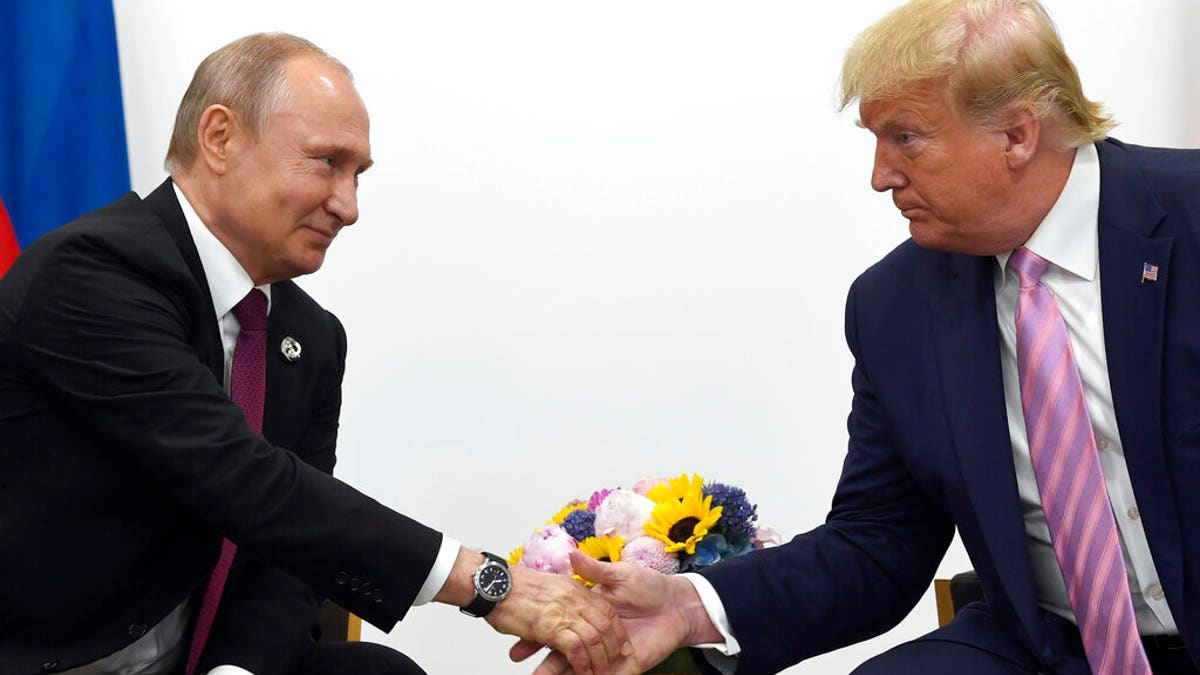
The core of the conflict, according to Koffler, lies in the opposing geopolitical strategies of the two nations. Russia views Ukraine as within its security perimeter and opposes U.S. influence there, mirroring the Monroe Doctrine. The U.S., guided by a “defend forward” policy, seeks to maintain a presence in Eurasia to prevent the rise of rival powers, a strategy rooted in historical geopolitical theories about controlling the Eurasian landmass.
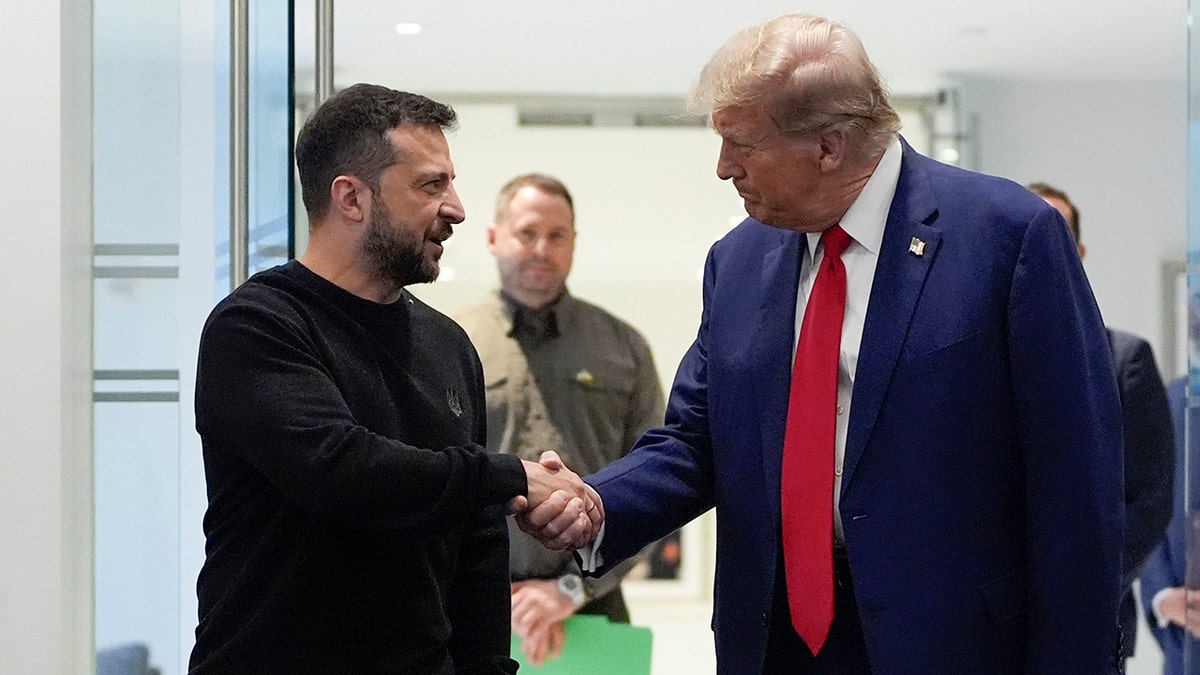
This strategic clash is further complicated by the history of NATO expansion. Russia feels betrayed by what it perceives as broken promises regarding NATO’s eastward expansion after the collapse of the Soviet Union. Koffler points to differing interpretations of agreements made during the reunification of Germany, where Russia understood assurances as guarantees against NATO expansion into former Soviet territories, a claim disputed by the U.S. and NATO.
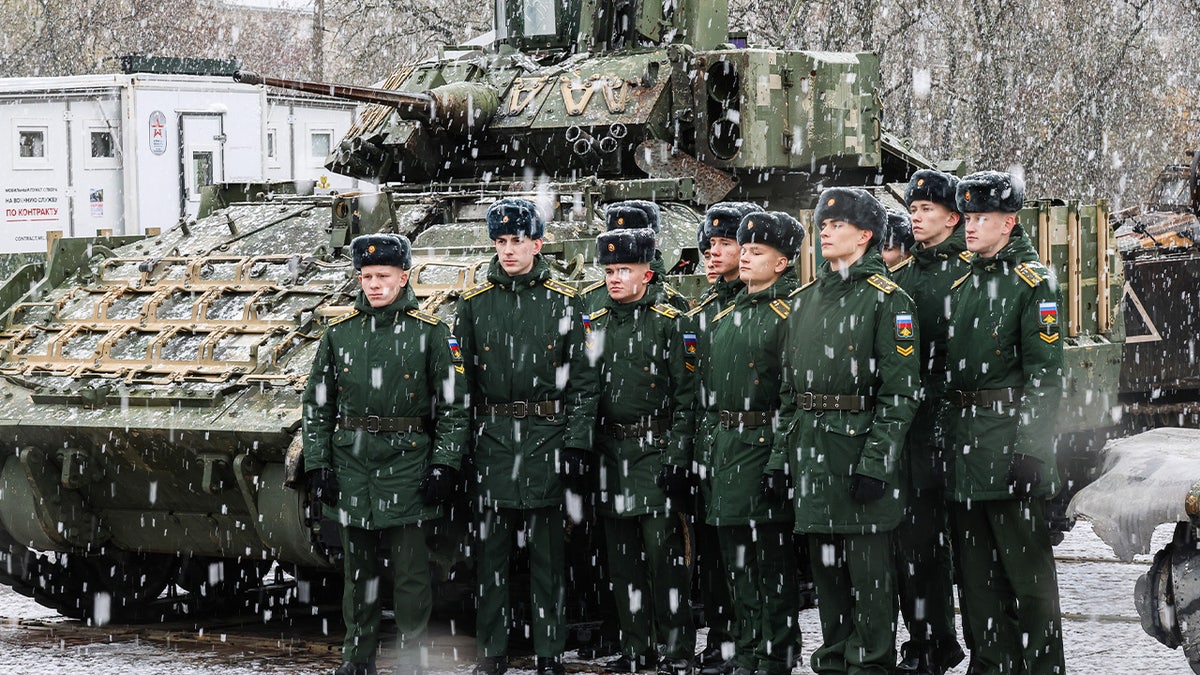
Koffler notes that despite a seemingly cordial relationship at times, Trump has taken actions against Russian interests, including sanctioning the Nord Stream 2 pipeline and establishing the U.S. Space Force. She also highlights President Biden's decision to allow Ukraine to use U.S.-supplied long-range missiles to strike within Russia, further reinforcing Putin's distrust of the West.
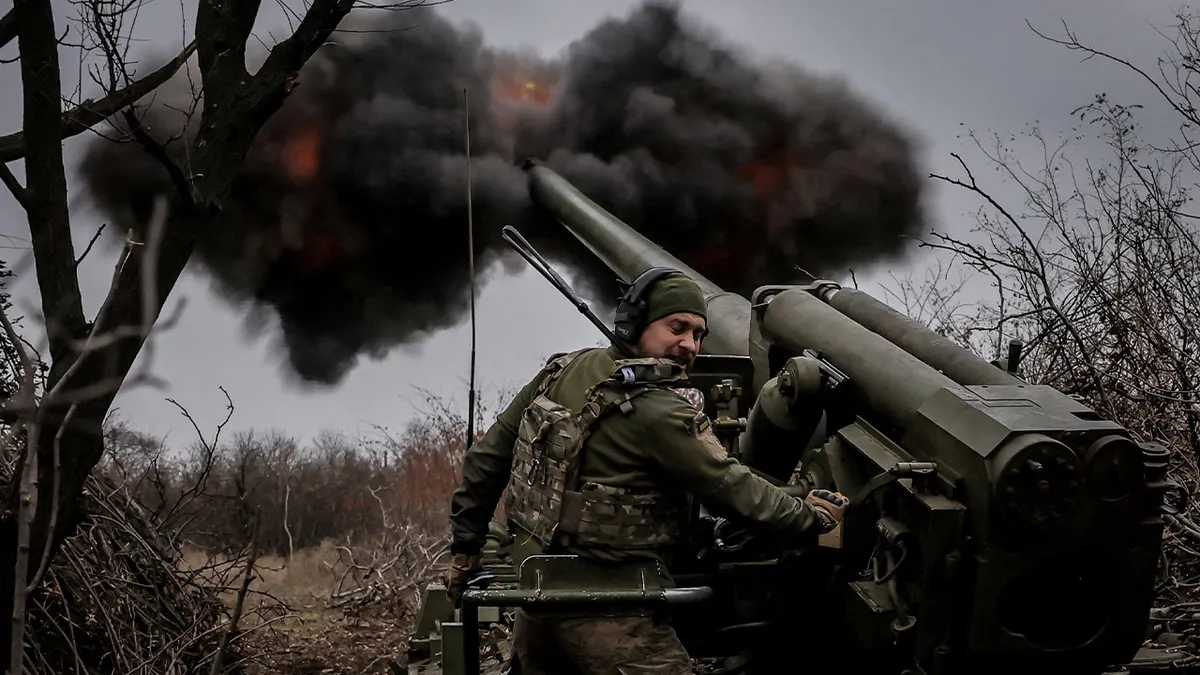
Putin's response to these developments, including adjusting Russia's nuclear doctrine and authorizing the use of advanced hypersonic missiles, underscores his worst-case scenario mindset and the deeply ingrained Russian presumption of conflict. Koffler concludes that while Trump might shift U.S.-Russia relations towards a more transactional approach, the fundamental distrust and conflicting national interests will likely prevent a genuine friendship between the two nations.
